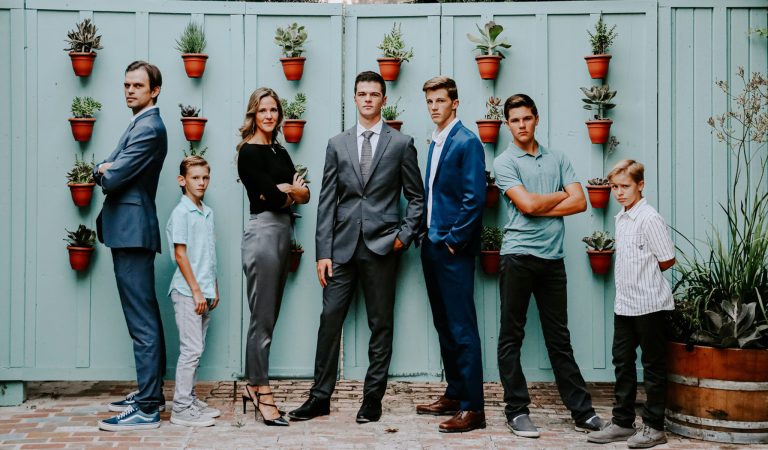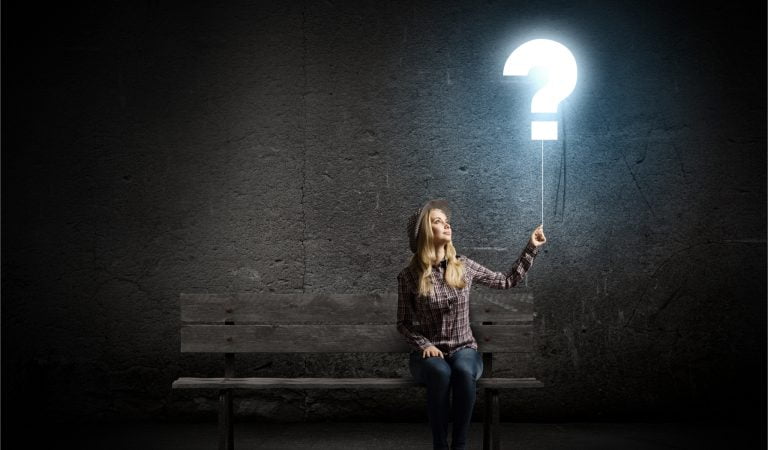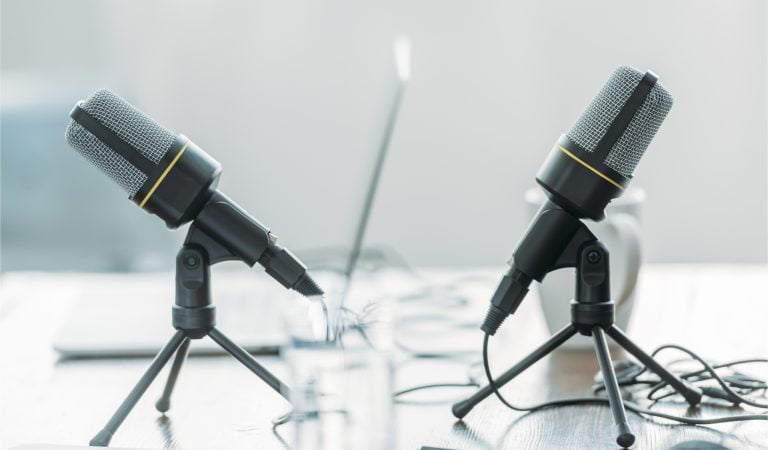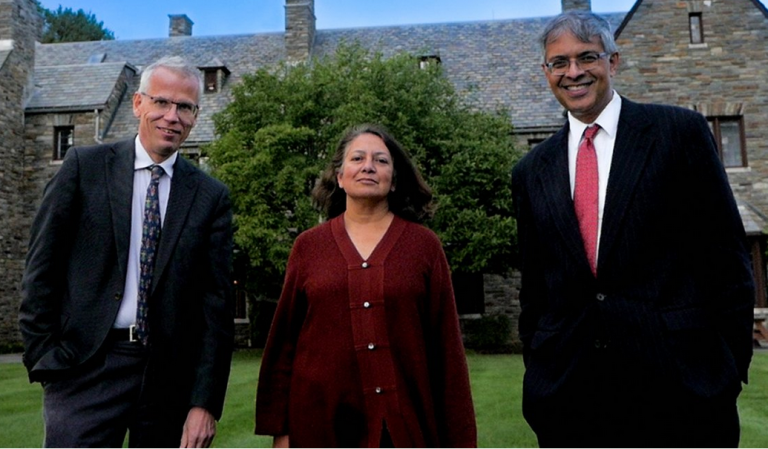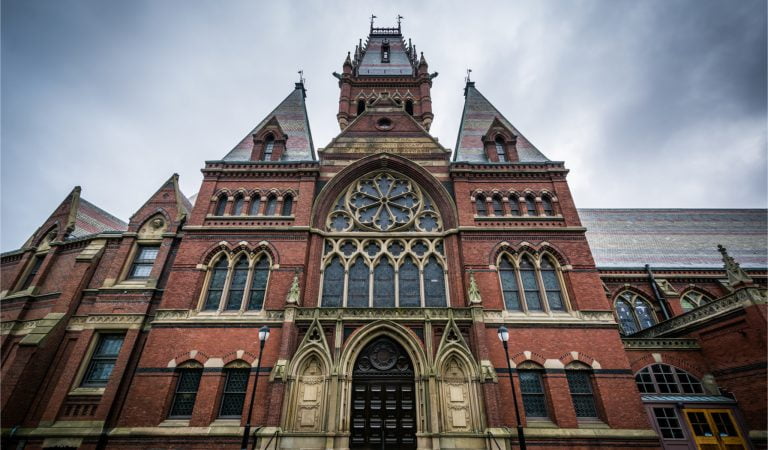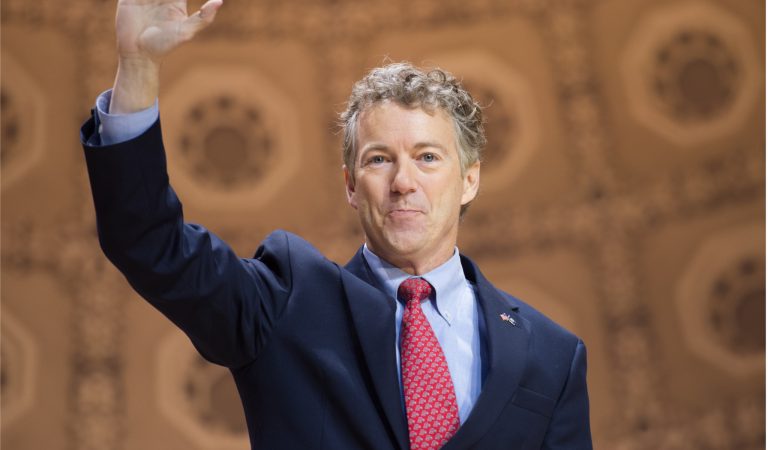One Big Data Error Kicked Off this Crisis
You may find it hard to believe that one big mistake (or lie, more precisely) could have created all the pandemic controls, especially lockdowns, school closings and quarantines, that devastated our lives, our economy and our society. But it happened.
One Big Data Error Kicked Off this Crisis Read Journal Article

